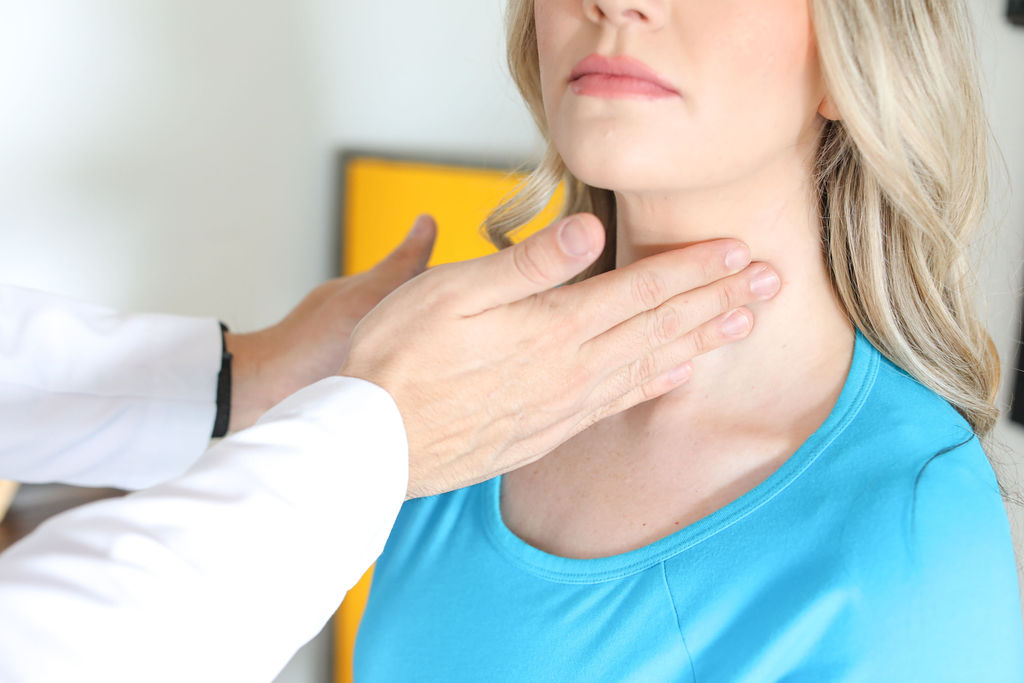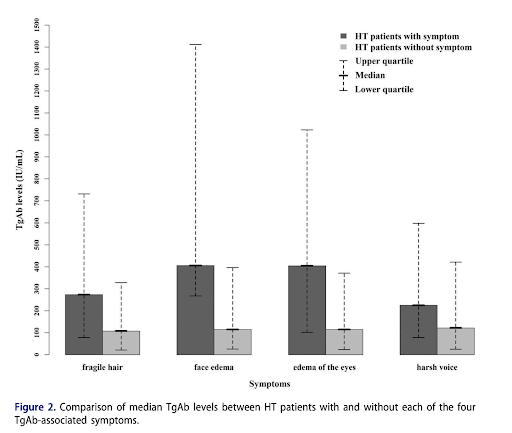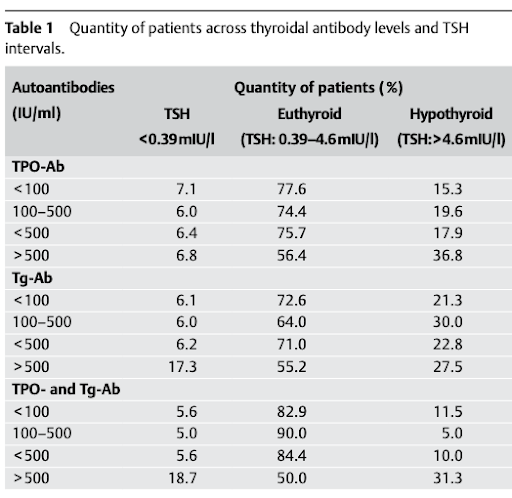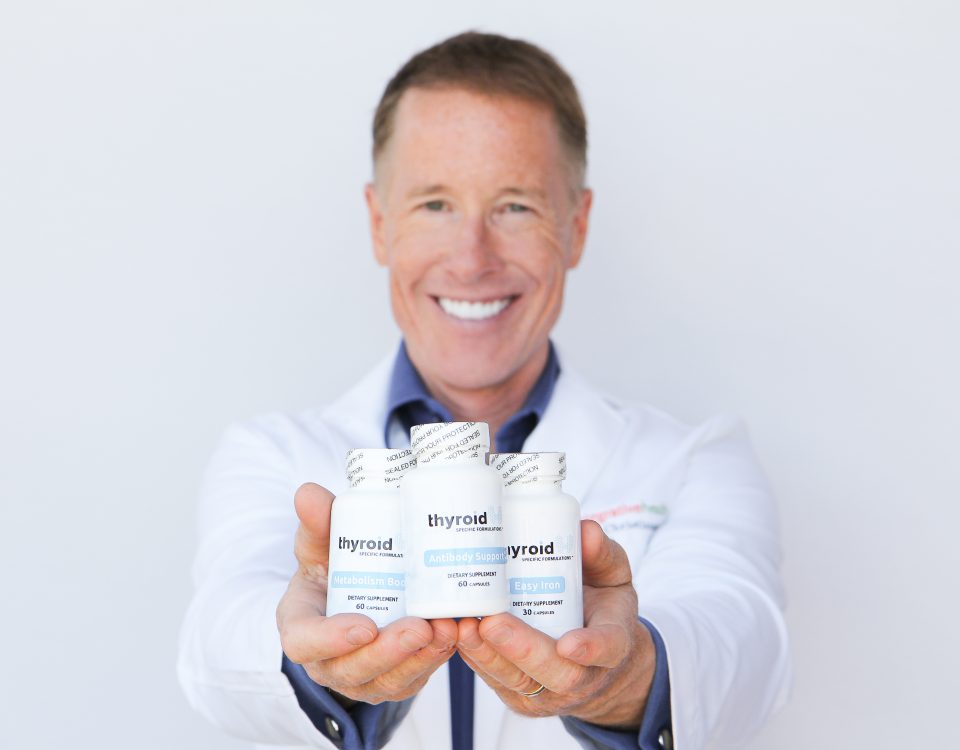Question #5 Does it mean thyroid disease is reversed when antibodies become negative?
I frequently see people bragging on social media about how they did some diet or treatment and reversed their thyroid disease. When you get into the details, what they mean is that their antibody levels became negative.
From the question above you can see that thyroid antibodies don’t perfectly predict thyroid disease.
The opposite is also true. Studies on those with Hashimoto’s show that as many of half of people who have it, never develop positive thyroid antibodies.
The final factor to consider is that thyroid antibodies fluctuate.
Some tests are pretty stable and some can vary over time. Height is an example of a stable test. If I stand up straight I’m 5’11”. I would never expect to be 7’0” or 4’8”.
Some tests can fluctuate for predictable reasons. An example is whitecoat hypertension. Some people only have high blood pressure when they are in the doctors’ office.
Other labs fluctuate for reasons that are not always predictable. Thyroid antibodies are like this. People who test them often find that they can vary tremendously from one reading to the next. For some they can be totally negative on one test, and quite high on others without it being significant.
Having your antibodies become negative does not always mean that your body is in a better place. It can just be random. Sometimes other treatments like allergy medications or other immunosuppressants can cause them to be falsely negative.
If your tests are not done at the right time, your readings can also fluctuate.
It is essential to evaluate thyroid antibodies over several readings. Any one or two results could be a fluke.













